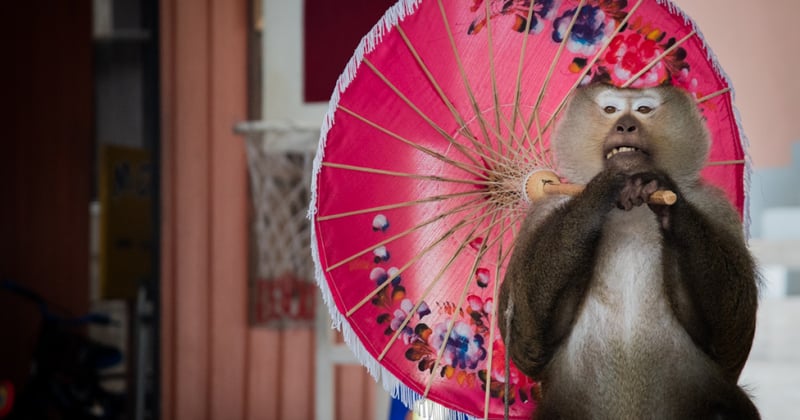
Experts warn G20 leaders that cruel wildlife trade cannot continue
News
Our new report exposes short fallings in G20 countries’ laws that allow the cruel exploitation of wildlife and leave the world vulnerable to future pandemics
Header image credit: Amy Jones / Moving Animals
Every day, thousands of wild animals are poached or farmed and sold into the global multi-billion-dollar trade – as food, pets, luxury goods, traditional medicine and entertainment.
This current system is failing and enables the transmission of zoonotic diseases.
The report, 'Protecting our world from future pandemics', uncovers inefficiencies in G20 countries that enable the extraction of wild animals from their natural habitat, farming them in captivity, and killing and trading them as commodities. This is supported by inadequate international mechanisms to prevent exploitation.
It also describes how the trade poses risks to public health:
- The trade’s main regulatory body – the Convention on International Trade in Endangered Species (CITES) – has no focus on preventing zoonotic disease.
- There is little or no disease screening of imported wild animals, allowing the undetected movement of pathogens across global boundaries.
- The number of people involved in the wildlife trade supply chain provides ample opportunity for infectious disease transmission.
Edith Kabesiime, our Wildlife Campaigns Manager, said: "The laws implemented by G20 countries to protect wildlife are inadequate, often doing more harm than good.
"Wild animals suffer at every stage of the trade. They are extremely distressed when they are extracted from their habitats, then tightly packaged alive, so it’s no surprise many are dead or diseased upon arrival at their destination.
"While the world’s focus remains on vaccination roll-out, virus prevention should not be ignored, as it’s estimated that over 320,000 mammalian viruses await discovery.
"The fate of animals, people, and our global economy rests in the hands of the leaders of the G20, who are presented with the most practical way to address pandemic prevention - ending the global wildlife trade."
The report comes after the World Health Organization urged for a suspension on the sale of live wild mammals at food markets, as on-going studies into the origins of COVID-19 suggest it is most likely that the virus passed from bats to an intermediary animal.
Learning from each other
We’re calling out examples where laws differ between G20 countries, allowing cross border loopholes, and further demonstrating why a holistic approach to phasing out the wildlife trade is needed.
For example, in Australia, hunting wild kangaroo is commonplace and the commercial trade in kangaroo meat involves wild-sourced animals, however in fellow G20 country India, all commercial hunting is prohibited under the Wildlife Protection Act (1972).
The commercial breeding and farming of wild animals in several G20 countries, including Brazil, Canada, and South Africa, is a significant concern in terms of zoonotic disease transmission.
In the report, we also found exemplary legislation in G20 countries that can serve as model laws to prevent further negative impact.
In response to the COVID-19 pandemic, we have been lobbying the G20 world leaders to end the global wildlife trade. 1.1 million of you, our dedicated supporters, signed our petition.
While the world’s focus remains on vaccination roll-out, virus prevention should not be ignored, as it’s estimated that over 320,000 mammalian viruses await discovery.